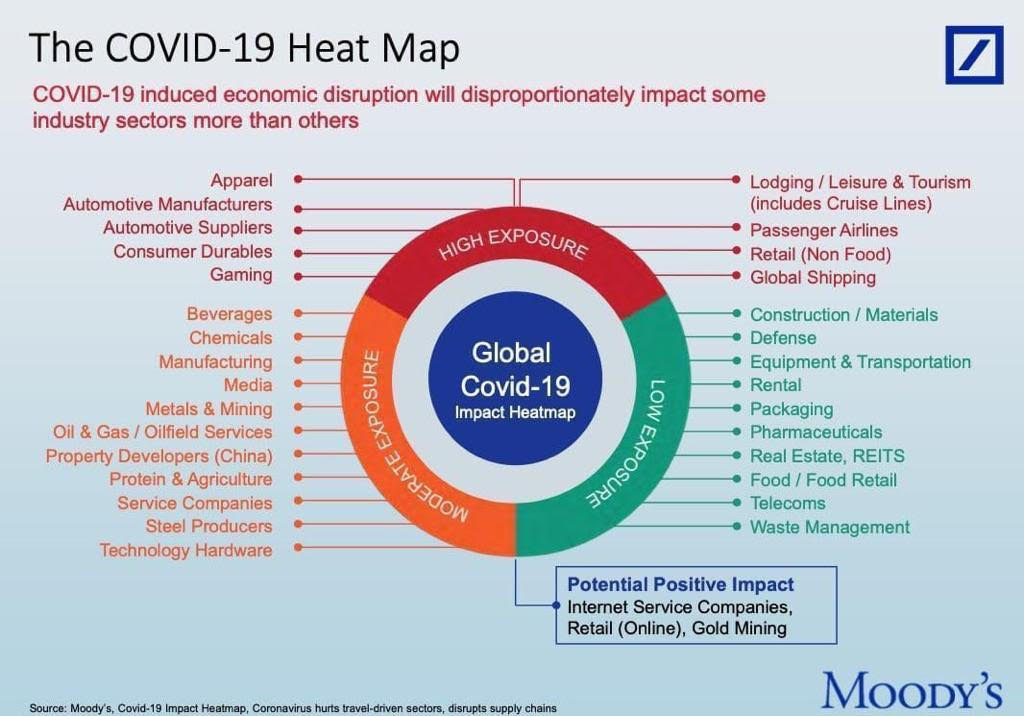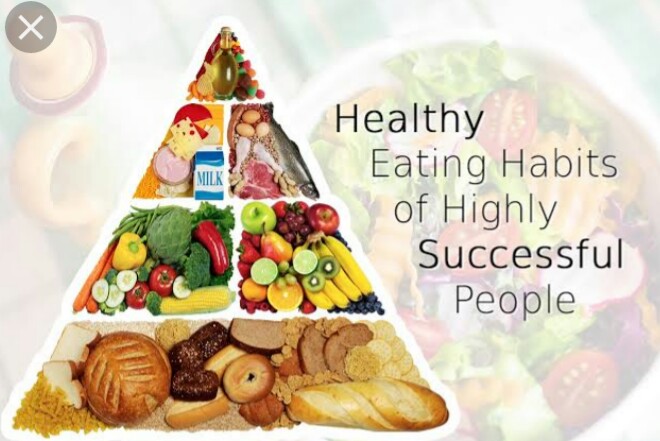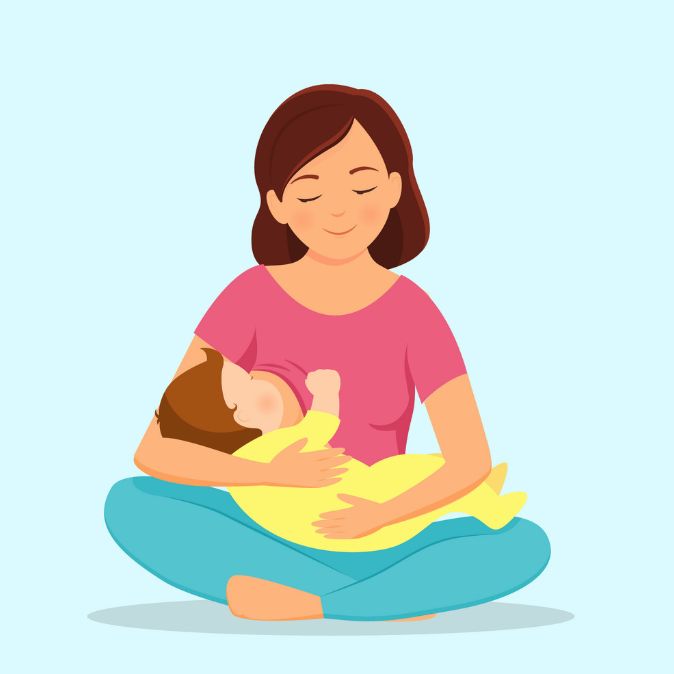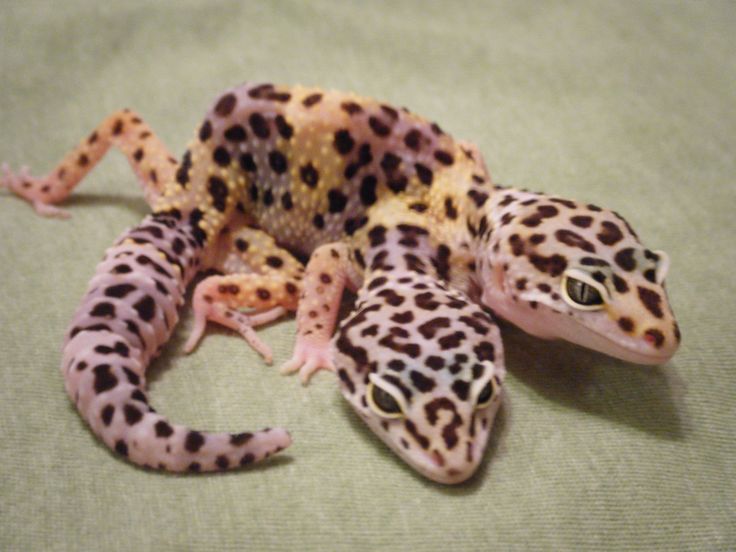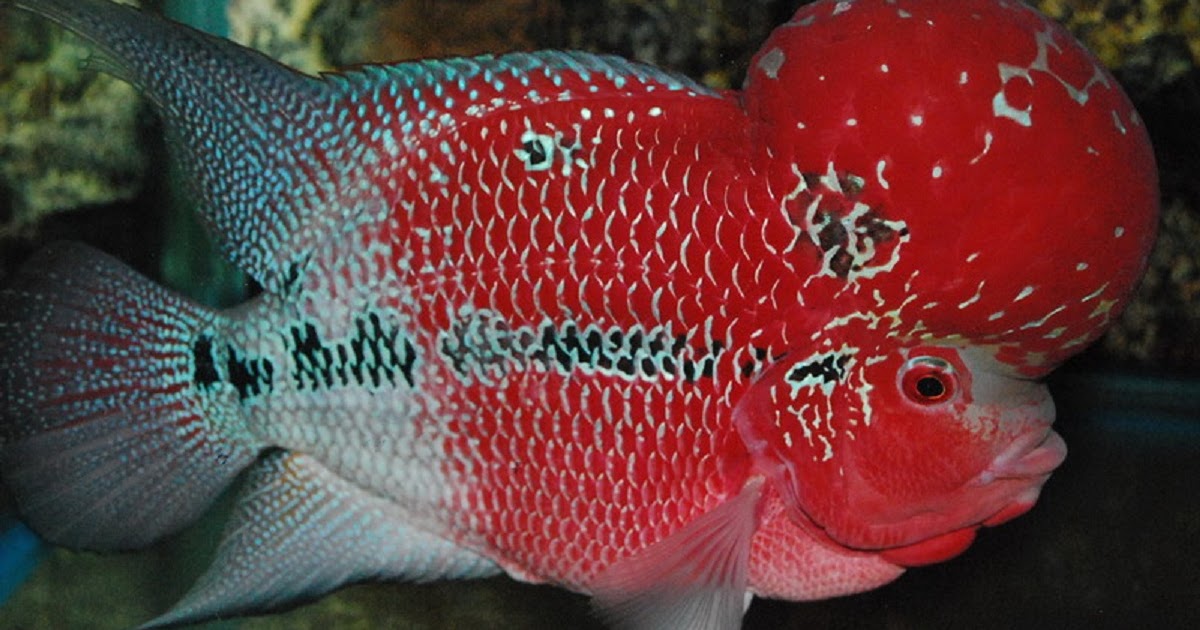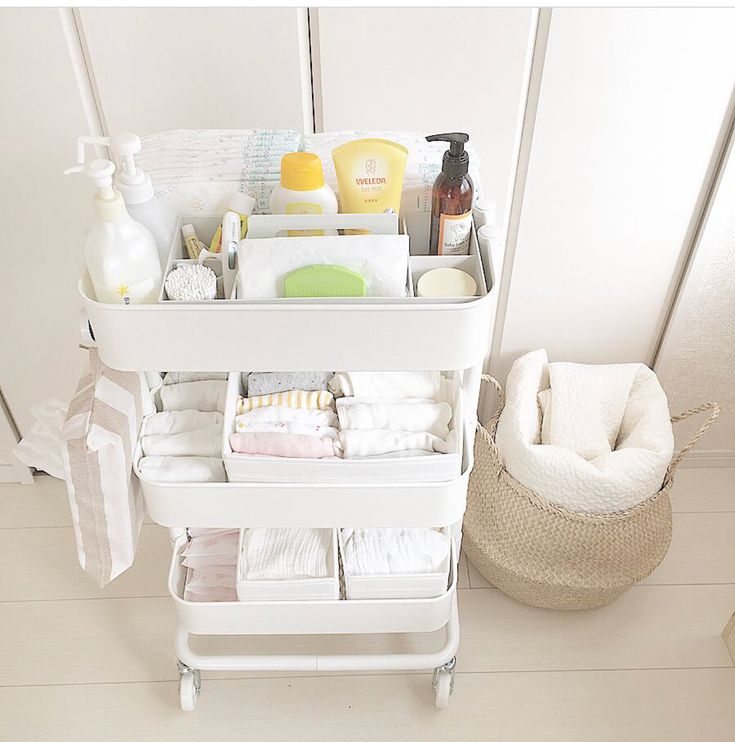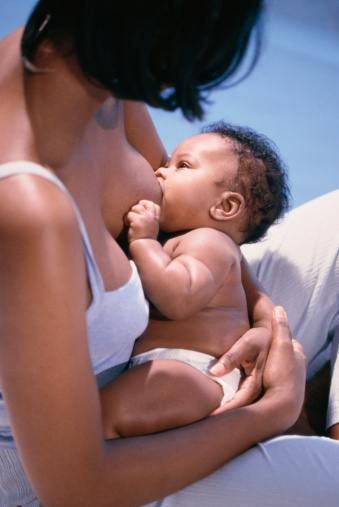Breastfed baby gas foods to avoid
What You Can Do To Help Your Gassy Breastfed Baby
What are some common culprits behind your baby's gassiness? Learn the signs, foods that may cause gassiness in your baby, and how to soothe and relieve his or her symptoms.
Share this content
As a new parent, it can be stressful and upsetting to see and hear your baby cry. That’s especially true if you've checked off all the usual suspects— dirty diaper, empty belly, discomfort, or over-tiredness —and you still can’t seem to soothe your little one.
Gas is something that many newborns experience, and it can be painful for them! It isn't always the first thing that parents remember to consider, since it's not something easily visible.
Signs Your Breastfed Baby is Gassy
If you suspect excess gas could be the culprit causing your baby’s fussiness, there are several signs that may indicate you are correct:
- Burping. It’s possible your baby has swallowed too much air while nursing or crying for a long period.
- Spitting up. While spitting up is perfectly normal, gas that’s trapped in the stomach can push breast milk back up and cause your baby to spit up.
- Bloated tummy. This could be a sign that gas has built up in your baby’s stomach.
- Flatulence. Every baby toots, but if they’re doing so excessively, it could mean they have excess gas.
- Arched back, legs drawn toward the tummy. The discomfort from gas pains will make a baby try to adjust to alleviate it.
Gassy Baby Causes
Gas in a breastfed baby is not uncommon and can be attributed to several factors:
- Gulping while feeding. If your milk let-down reflex is strong, your baby may gulp your milk to keep up and swallow extra air in the process. If that’s the case, your little one may do better nursing in a more upright position, so he or she has better control over milk intake and flow.
- Introducing a bottle.
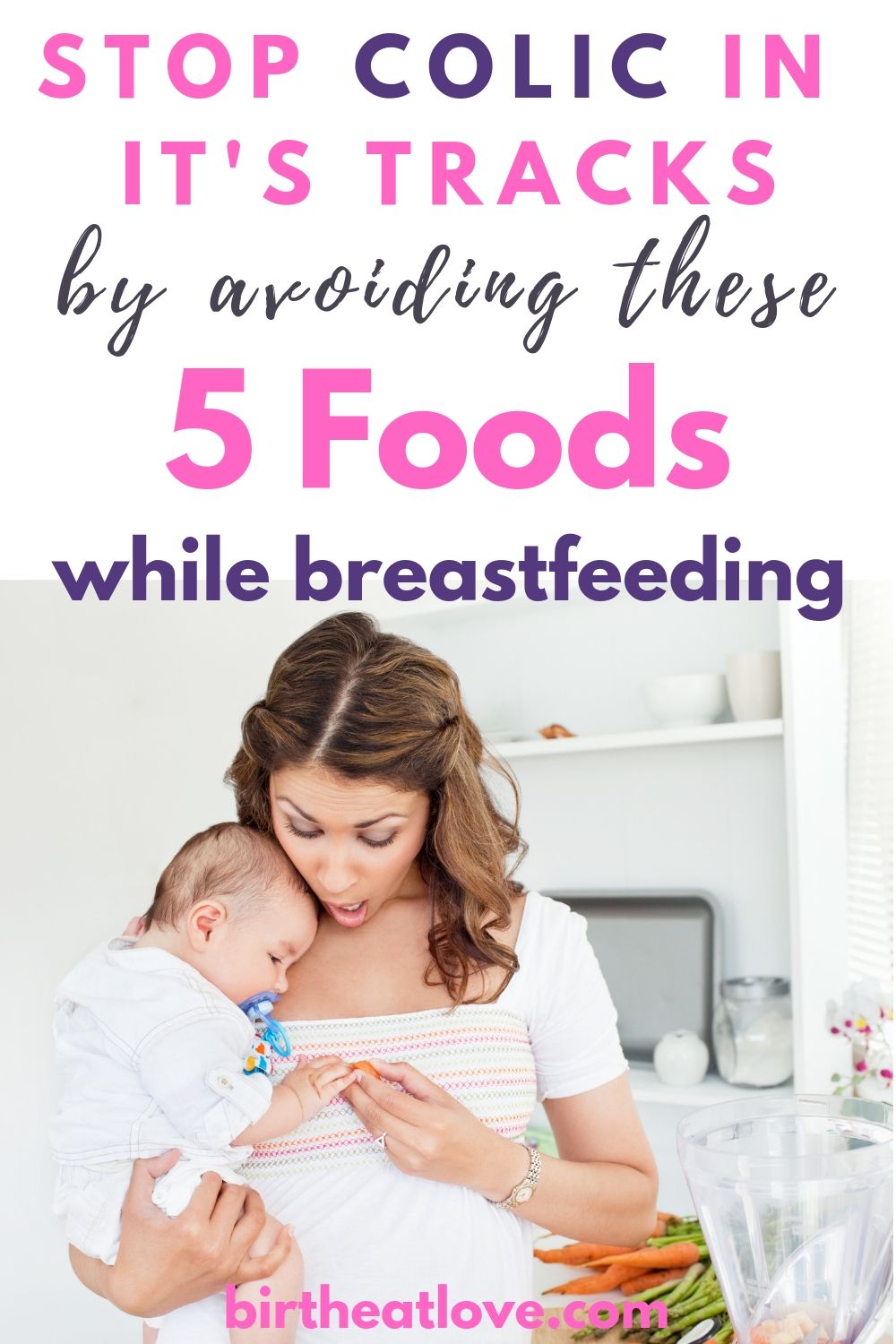 If your baby is used to the breast and you begin feeding with a bottle, it may take some getting used to at first. As a result, he or she may swallow too much air while eating.
If your baby is used to the breast and you begin feeding with a bottle, it may take some getting used to at first. As a result, he or she may swallow too much air while eating. - Constipation. When your baby is constipated, they may have gas trapped in their tummies that they’re having a hard time releasing.
- Crying. If your baby has been crying for a long time, they may be gulping in air in the process.
- Mom’s diet. Food that you’ve eaten can make your baby gassy as well. Certain foods such as dairy, soy or wheat may contribute to gassiness in your little one. Keep a food journal of what you eat to see if you can pinpoint the culprit in your diet.
Foods That Make Breastfed Babies Gassy
Though a baby’s gas is not commonly linked to mom’s diet, there are certain gas-inducing foods that could give both a breastfeeding mom and her baby gas. These include:
- Fiber. Foods like bran, beans, and whole grains.
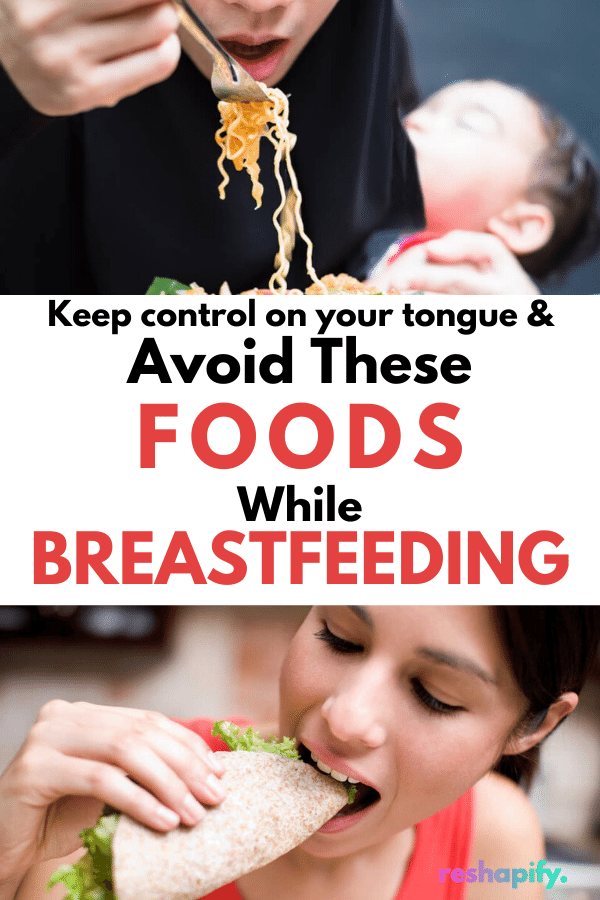
- Fruit. Citrus fruits, prunes, plums, peaches, or apricots.
- Vegetables. Broccoli, cabbage, and Brussel sprouts.
- Garlic. Garlic-seasoned foods like pasta dishes or garlic bread.
- Dairy. Yogurt, ice cream, or milk products.
- Carbonated beverages. If they make you burp, they could make your baby gassy too.
It’s not necessary to give up all your favorite foods when pregnant and/or breastfeeding. Health experts recommend only making dietary changes if you see a direct connection between something you’ve eaten and your baby's gassiness.
Additionally, if you’re still breastfeeding after your little one begins solids or finger foods, it’s easier to detect what food might be the culprit and then eliminate it.
Relieving Gassy Babies
There are several effective ways to help relieve your baby’s gas pains and soothe them. Try a combination of these to find what works best for your little one.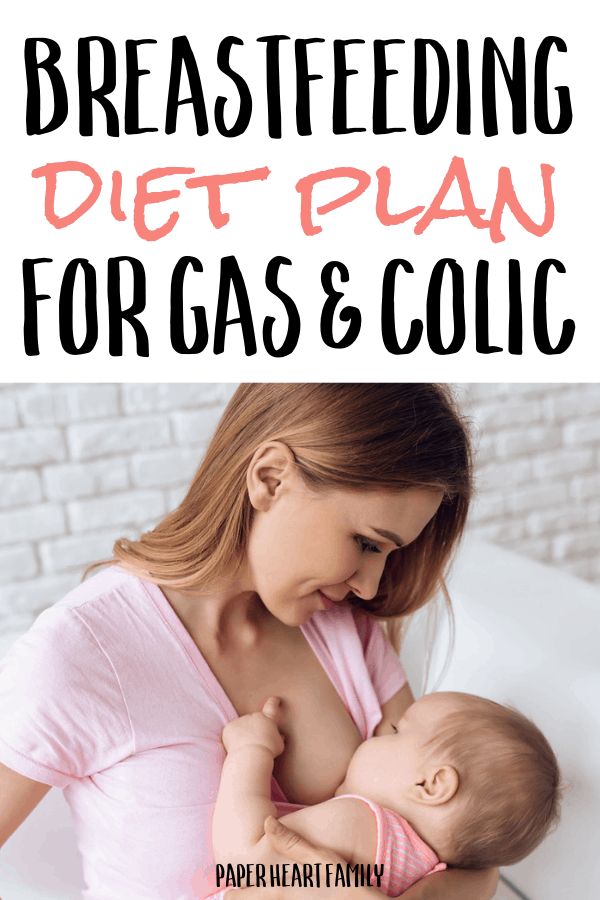
- Burp twice. Try to coax two burps out of your baby instead of just one.
- Sit upright. Hold your baby in an upright position while burping. This makes it easier to expel gas.
- Tummy time. Laying your baby on their tummy will help to push gas out.
- Bicycle exercises. Put your baby on his or her back and move their legs in a pedaling motion, similar to cycling on a bike. This helps with constipation as well.
- Massage the tummy. A gentle massage can help move gas out.
- Adjust baby’s latch. Make sure your baby is latching correctly to avoid swallowing too much air.
Don't worry, mama - Gas is typically a normal occurrence and most babies experience gassiness from time to time! With some minor adjustments, you can soothe your little one and help them get through the discomfort of gas.
Foods to Eat or Avoid When Breastfeeding
Reviewed by Poonam Sachdev on June 26, 2022
It’s a good source of protein. Some, like salmon and tuna, also give you omega-3s, which your body needs. But what about mercury and other contaminants? You can have cooked seafood twice per week. Each serving can be up to 6 ounces, which is the size of two decks of cards. Choose types that are lower in mercury, such as salmon, tilapia, and trout. Avoid shark, swordfish, king mackerel, and tilefish, which have high levels of mercury.
Some, like salmon and tuna, also give you omega-3s, which your body needs. But what about mercury and other contaminants? You can have cooked seafood twice per week. Each serving can be up to 6 ounces, which is the size of two decks of cards. Choose types that are lower in mercury, such as salmon, tilapia, and trout. Avoid shark, swordfish, king mackerel, and tilefish, which have high levels of mercury.
Love hot sauce? Most babies can handle it and other fiery foods in your diet. But if your little one is gassy or colicky and gets diarrhea every time you sprinkle red pepper flakes over your pizza, cut back on the heat for a few weeks to see if that helps.
They’re full of flavor. But some herbs may affect how much milk your body makes. For instance, eating a lot of parsley could curb lactation. And too much sage and peppermint may cut your milk supply. For some nursing moms, even peppermint-flavored toothpaste and candies are a problem.
It’s rarely a problem. But see how your baby does.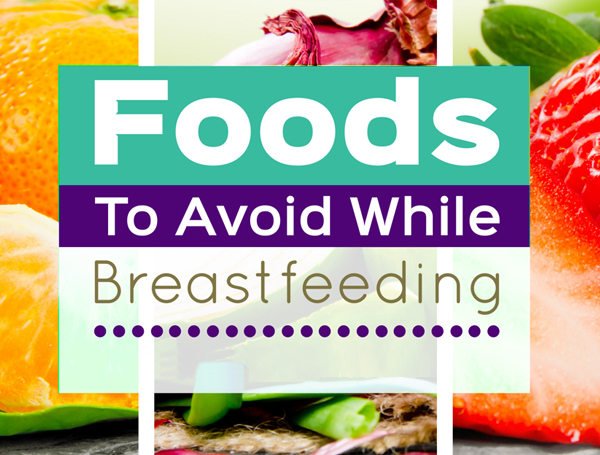 Tell your pediatrician if your tot gets skin problems, has trouble breathing after breastfeeding, or has other symptoms.
Tell your pediatrician if your tot gets skin problems, has trouble breathing after breastfeeding, or has other symptoms.
As refreshing as your cup of chai or Earl Grey may be, it has some downsides. It’s got caffeine, which can affect your sleep – and your baby’s. It may also make it harder for your body to absorb iron, which you need for energy. If you drink hot or iced tea, try not to sip it when you eat foods that are rich in iron, such as lean meat; dark, leafy greens; and fortified breakfast cereals.
What if you aren’t allergic, and you want to prevent your baby from developing an allergy? Sorry, but there’s no proof that you can do that by skipping specific foods. Cutting certain foods out of your diet may make the skin condition eczema less likely for your little one. Ask your doctor or pediatrician for advice.
Breastfeeding can make you thirstier than you usually are. If that’s the case, drink a glass of water every time you breastfeed. But no matter how parched you feel, don’t go for regular sodas or fruit drinks, which give you calories without nutrition.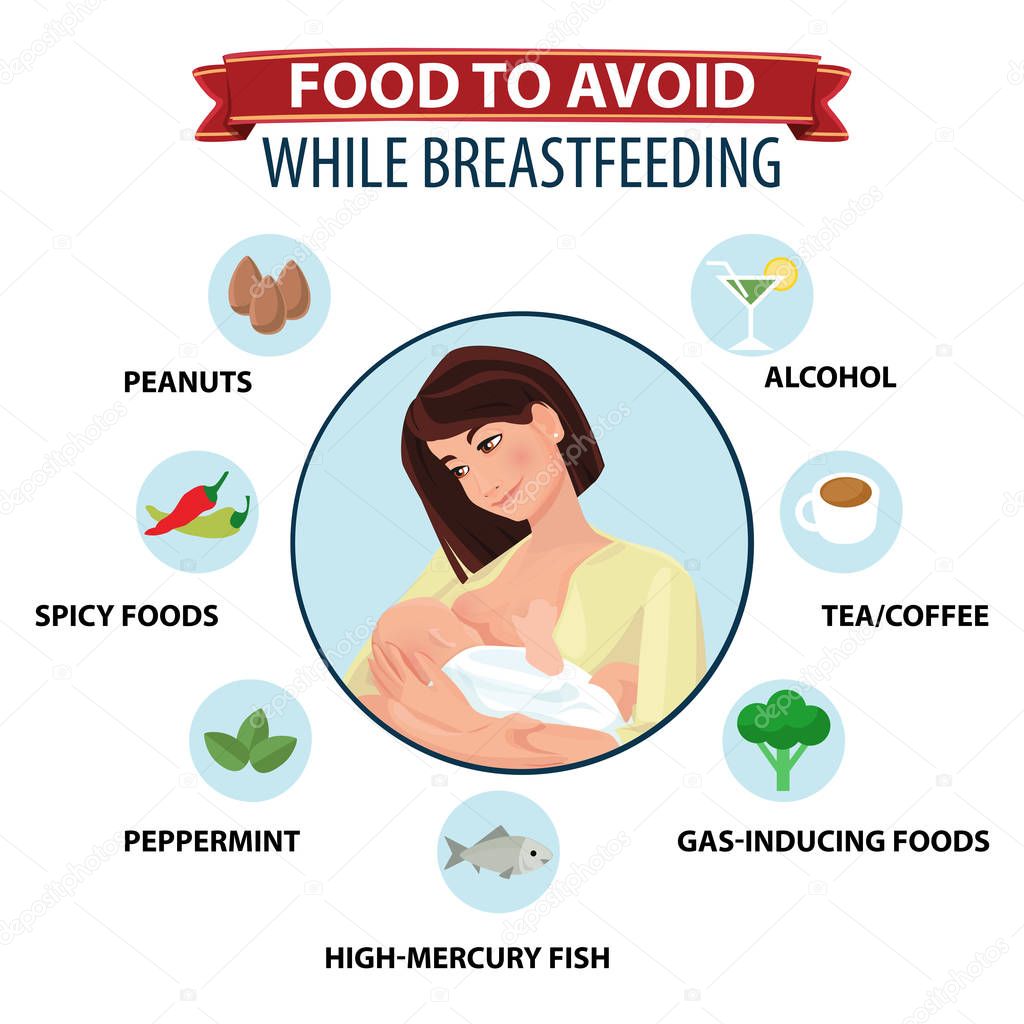
It's best for your baby if you don't have any booze at all. But if you do choose to drink, don’t breastfeed until the alcohol has completely cleared your milk. For 12 ounces of beer, 5 ounces of wine, or 1.5 ounces of liquor, wait at least 3 hours. Pumping doesn’t speed that up.
Common culprits include beans, broccoli, cabbage, and Brussels sprouts. Bloating, burping, and passing gas are normal. But if your baby is gassy or has colic, avoid these foods for a few weeks to see whether they relieve the symptoms.
Both have caffeine. You’ll also find it in energy drinks and cola. If you’re lost without your latte, limit yourself to 2-3 cups per day of the brewed kind. Or you could switch to decaf.
IMAGES PROVIDED BY:
1) Getty
2) Getty
3) Getty
4) Getty
5) Getty
6) Getty, iStock
7) Getty
8) Getty
9) Getty
10) Getty
SOURCES:
Mayo Clinic.
The Children's Hospital of Philadelphia.
La Leche League.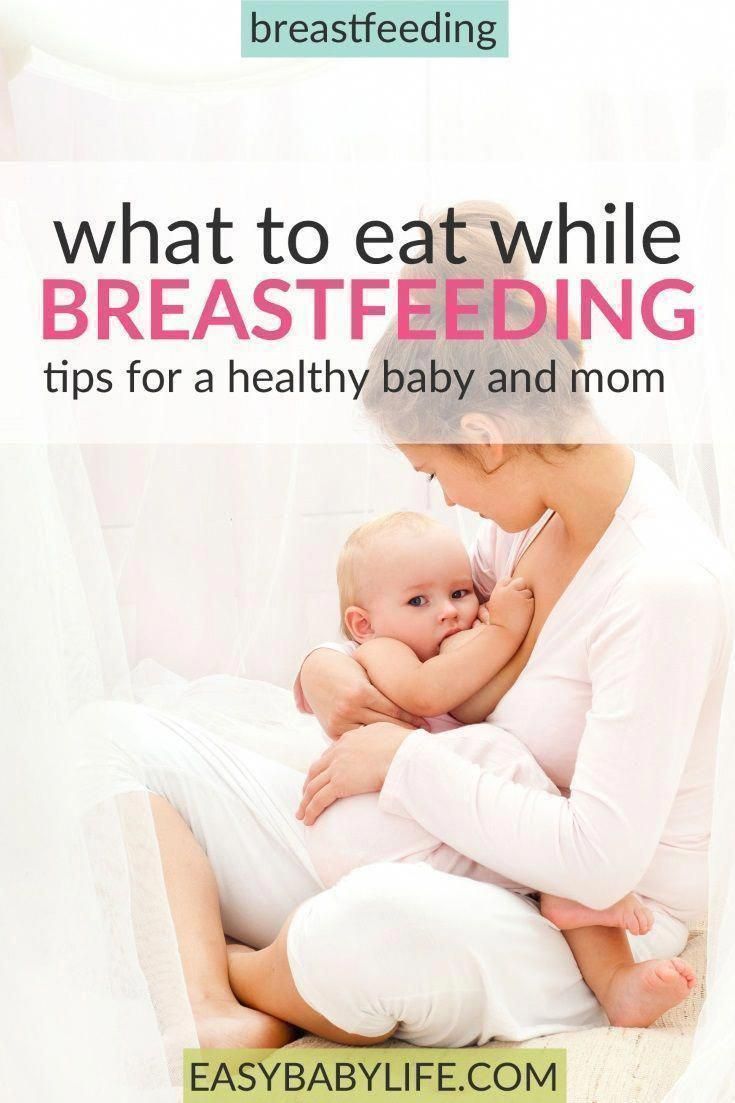
The American Academy of Pediatrics.
U.S. Department of Agriculture.
© 2022 WebMD, LLC. All rights reserved. View privacy policy and trust info
What absolutely can not eat and drink breastfeeding mothers? - an article on the blog of the Health Center for Children in Moscow
Although the obstetrician during pregnancy usually warns the expectant mother what can be eaten while breastfeeding, not everyone pays enough attention to this and returns to the issue of when a child with a rash and colic does not lets parents sleep at night. Let's see in detail what a nursing mother can eat
What is absolutely forbidden for nursing mothers to eat and drink?
All products that a nursing woman consumes, to one degree or another, penetrate into breast milk. In order not to harm your child, it is important for mom to monitor her diet.
It is absolutely forbidden for all breastfeeding women:
- drink alcohol and smoke, as alcohol and nicotine have a toxic effect on the child's body
- drinking strong tea and coffee, which stimulate the child's nervous system
- carbonated drinks, industrial juices (may contain colorants, flavors)
- eat onion, garlic, mustard, horseradish, vinegar (change the taste and smell of milk, may cause breast rejection)
- industrial semi-finished products, canned food, smoked meats, sausages
- products containing artificial preservatives, colors
- industrial confectionery containing large amounts of additives and preservatives, margarine.
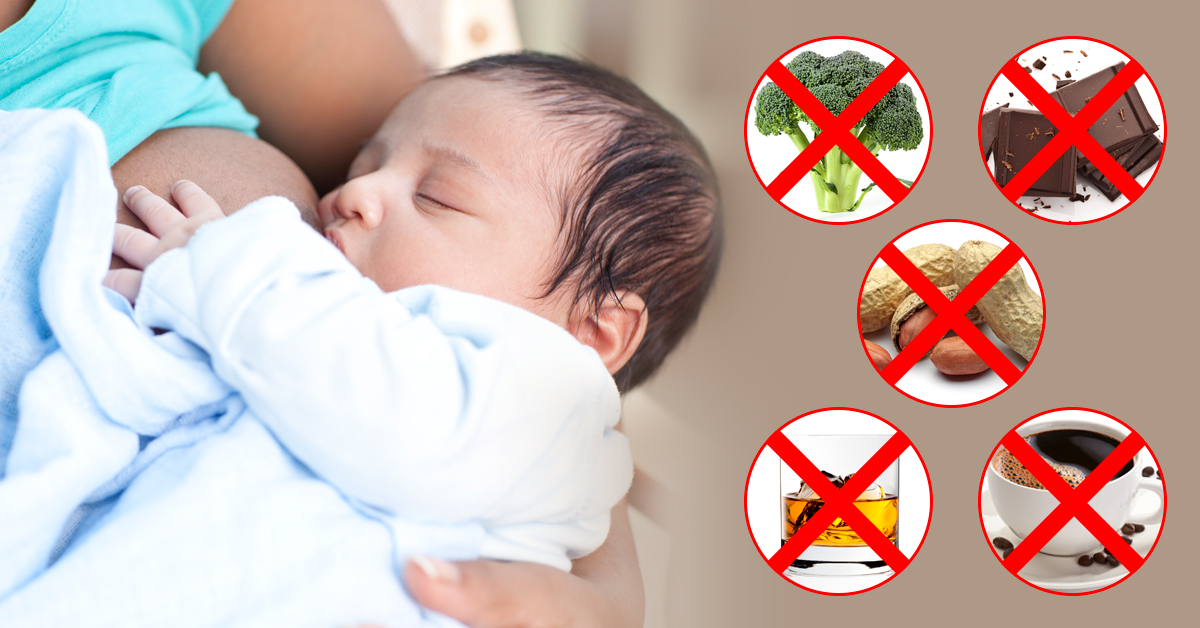 And in general, it is recommended to limit simple carbohydrates.
And in general, it is recommended to limit simple carbohydrates. - industrial sauces, mayonnaise, marinades, pickles
- highly allergenic foods: chocolate, honey, seafood, nuts; it is recommended to limit citrus fruits, strawberries, raspberries, tropical fruits (mango, papaya, pineapple, etc.), especially in the first months of a baby's life
- limit the intake of legumes, grapes, black bread (may lead to increased gas formation in the intestines of a child, especially in the first months of life)
- certain varieties of fish are excluded; shark, swordfish, mackerel, tuna (accumulate mercury), smoked, salted, dried fish. In the first months after childbirth, a woman can eat: from river fish - carp, carp, pike, pike perch; from sea blue whiting, hake, pollock, halibut. Red fish, as well as fatty varieties, are recommended from 3 months (flounder, mackerel, herring, pink salmon, salmon, trout)
- limit lard and fatty meats.
In general, a nutritious diet is recommended, which must include meat, fish, vegetables, fruits, dairy products, eggs, bread, cereals, vegetable oil and butter . You should be more careful about your diet in the first months of a baby’s life, when there is an adaptation to enteral nutrition, and later, if there are no problems with the digestive tract and allergic manifestations from the skin, the diet can be expanded. This applies to healthy children and mothers. However, in the presence of any diseases, the diet is compiled individually by a pediatrician or nutritionist.
You should be more careful about your diet in the first months of a baby’s life, when there is an adaptation to enteral nutrition, and later, if there are no problems with the digestive tract and allergic manifestations from the skin, the diet can be expanded. This applies to healthy children and mothers. However, in the presence of any diseases, the diet is compiled individually by a pediatrician or nutritionist.
The material was prepared by a pediatrician with more than 20 years of experience Galina Vladimirovna Loseva. All recommendations should be applied after full-time consultation with a specialist doctor.
What to eat while breastfeeding | Breastfeeding Diet
You know that breast milk is the best food for your baby. What about your own nutrition while breastfeeding? We asked the nutritionist a few questions about the nutrition of a nursing mother.
Share this information
Priya Tew, UK-based registered dietitian :
Priya is a nutritionist, M.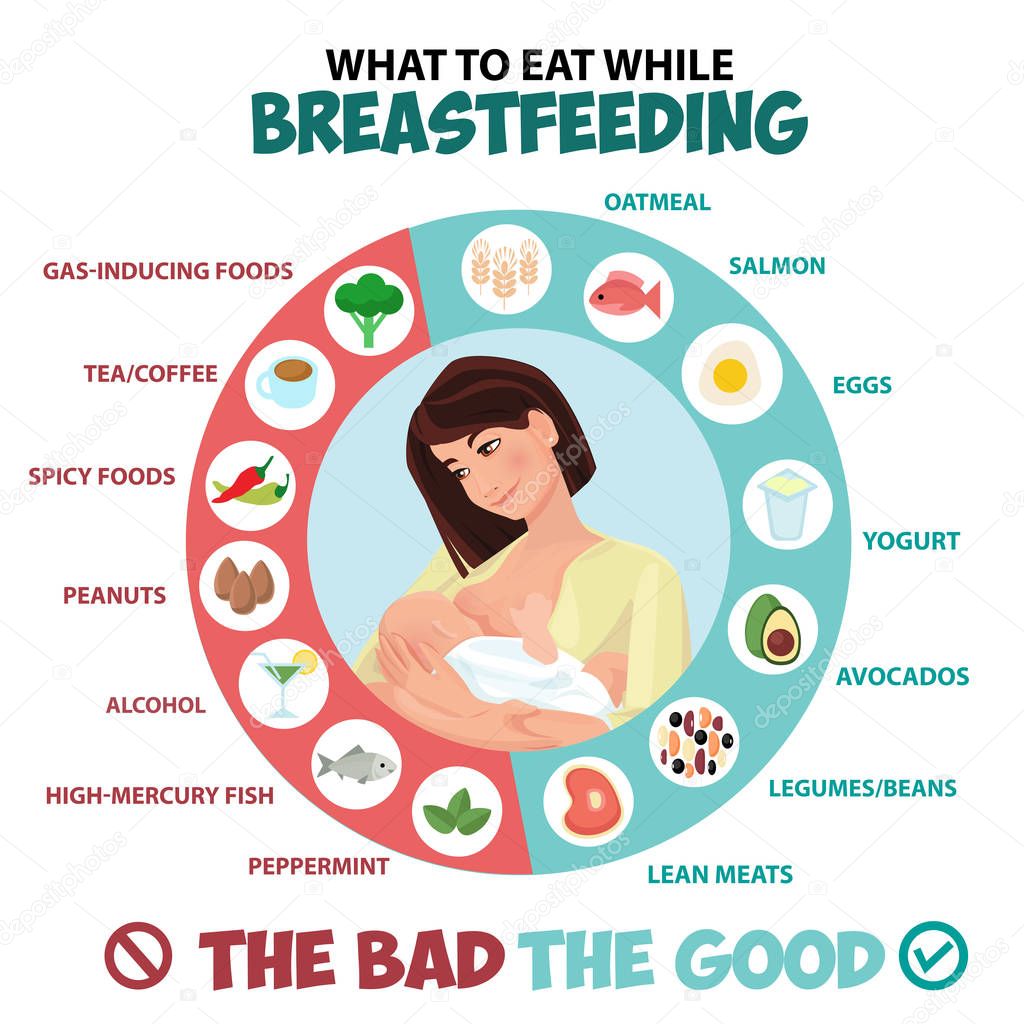 D., multi-award winning member of the British Dietetic Association and the Health Professions Council. She has three children, and she breastfed each of them for up to 18 months.
D., multi-award winning member of the British Dietetic Association and the Health Professions Council. She has three children, and she breastfed each of them for up to 18 months.
There is no need to follow a special diet while breastfeeding, as long as your diet is balanced. It should include plenty of fruits and vegetables, whole grains such as oats, brown rice, various cereals, and breads labeled "whole grain", "wholemeal" or "wholemeal". These foods, along with potatoes, pasta, and couscous, are high in starch, an important source of energy.
In addition, you need lean proteins found in chicken, eggs, legumes, lentils, fish, and lean beef, as well as healthy fats found in olive oil, nuts, seeds, avocados, and fatty fish such as salmon and mackerel. Oily fish is very good for your health and development of your baby, but you should not eat more than two servings per week (about 140 g), as it may contain harmful impurities. 1
Should I take vitamins while breastfeeding?
The most important is vitamin D. It is essential for healthy bones, you and your baby. We get most of this vitamin from the sun. If you live in a region with insufficient solar activity, especially in winter, your body may lack it. In this case, the doctor may advise taking vitamin D supplements. 2
It is essential for healthy bones, you and your baby. We get most of this vitamin from the sun. If you live in a region with insufficient solar activity, especially in winter, your body may lack it. In this case, the doctor may advise taking vitamin D supplements. 2
It is also necessary to get enough calcium, as it is excreted from the body during breastfeeding. 3 Try to eat four servings of foods rich in this mineral a day. These can be dairy products such as milk, yogurt, and cheese, or non-dairy products such as nuts, tofu, sesame seeds, and leafy vegetables. One serving may consist of, for example, half a cup of green vegetables or a small piece of cheese (50 g).
What foods should I avoid while breastfeeding?
The good news is that you can eat almost anything while breastfeeding. Only the consumption of oily fish should be limited. In small quantities, even caffeine is acceptable - more on this below.
If you are not allergic to peanuts, there is no reason to deny yourself products that contain peanuts.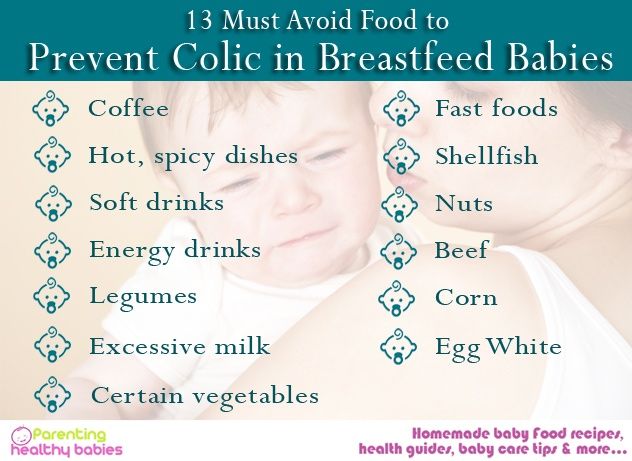 Recent studies show that if you eat peanuts while breastfeeding and gradually introduce them into your baby's diet during the first year, your baby will be less likely to become allergic to them in the future. 4
Recent studies show that if you eat peanuts while breastfeeding and gradually introduce them into your baby's diet during the first year, your baby will be less likely to become allergic to them in the future. 4
Are extra calories needed while breastfeeding?
Breastfeeding mothers need about 500 more calories per day. 5 But every mother is unique and your energy needs will change throughout your breastfeeding period. The number of calories you need depends on your baby's age, appetite, height, and weight, as well as your body mass index (BMI), your activity, and factors such as whether you are exclusively breastfeeding or not, and whether you are breastfeeding twins or multiple babies.
Can I go on a diet while breastfeeding?
Trying to lose weight while breastfeeding is not a good idea because you need to get enough nutrients for you and your baby. The fat accumulated during pregnancy is used to produce milk, so breastfeeding in itself will help you shed those extra pounds.
If your weight changes by more than 1 kg per week, check if you are eating a healthy and balanced diet and adjust if necessary. You can also ask your doctor for advice.
How can I find time to prepare healthy meals?
Having devoted yourself to feeding a child, you can forget about your own nutrition. However, it is important to ensure that your diet does not consist only of sweets and cookies. Of course, sweet snacks are easy and quick, but they do not bring any benefit to your body.
Opt for quick yet nutritious meals like scrambled eggs with spinach or fried chicken with brown rice. Oatmeal is great for breakfast, as it provides a slow release of energy from grains and soluble dietary fiber, which is what you need to restore strength in the morning after a night of breastfeeding.
Store pre-cut fruits and vegetables in the refrigerator for light snacks, or carry unsalted nuts in your bag. It's much easier than peeling tangerines with one hand while holding a baby with the other.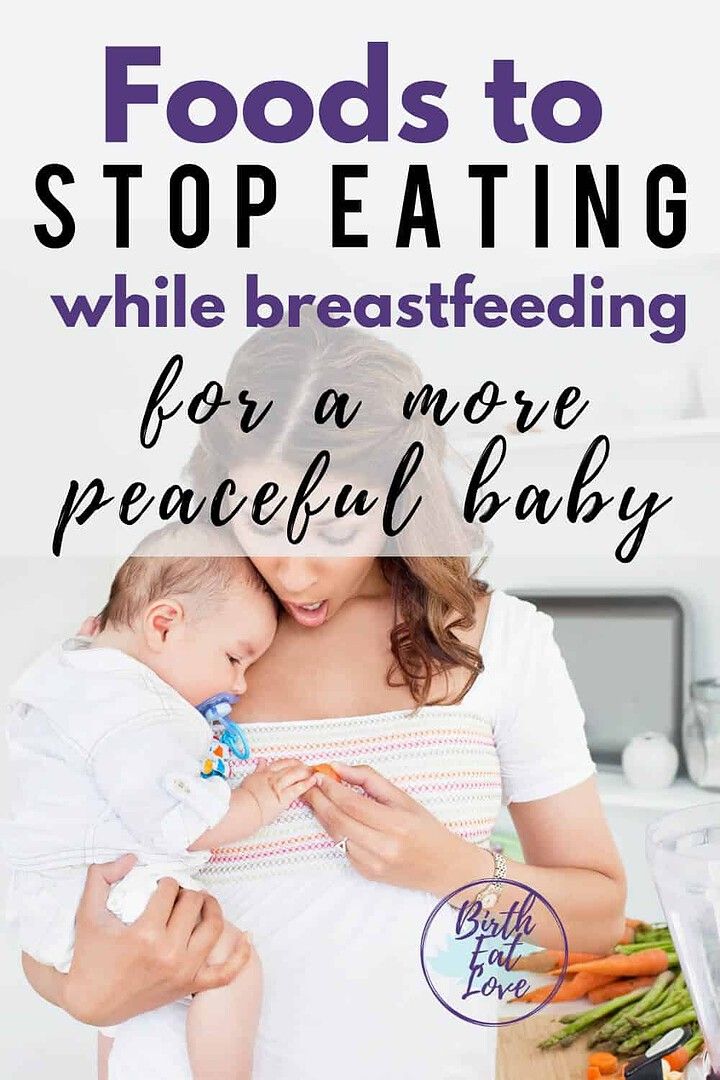
Should I drink more water while breastfeeding?
Breastfeeding can make you thirsty, so it's important to drink enough water. A person needs six to eight glasses of fluid a day, and even more if breastfeeding. 6 Make it a habit to drink a glass of water, milk or fruit juice without sugar every time you feed your baby.
I love coffee. Do I need to quit caffeine?
Coffee, like everything you eat or drink, passes into breast milk, so it is advisable to limit your intake while breastfeeding. Legal coffee limits vary by country, but the average recommendation is not to exceed 200-300 mg of caffeine per day (300 mg is equivalent to two cups of filtered coffee or four cups of tea). Talk to your doctor about the acceptable amount of coffee consumption for you. Also, don't forget that caffeine is found in cola and energy drinks, and a small bar of dark chocolate can contain up to 50 mg. 7
If I eat a varied diet, will my baby be less fussy about food?
Breast milk has the flavor of everything you eat.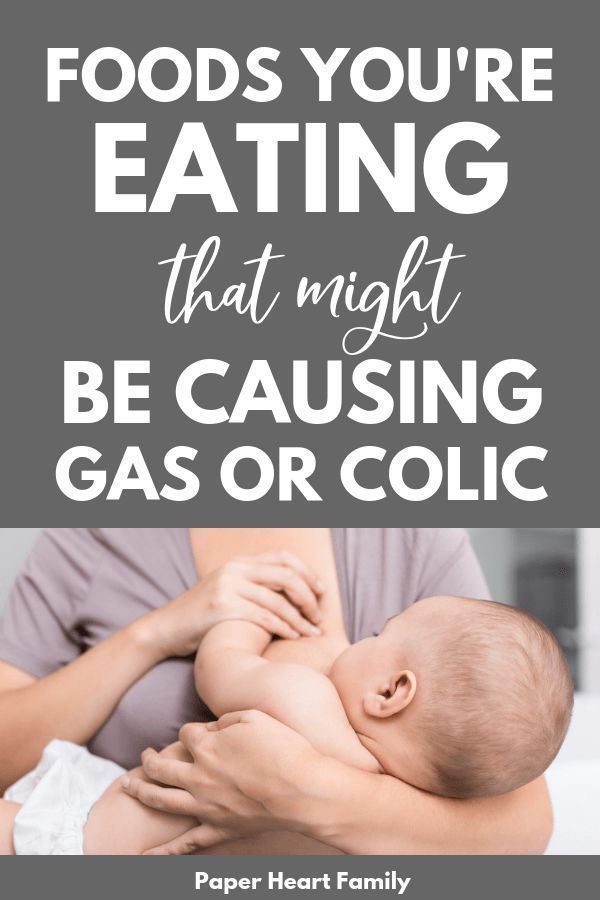 8 Therefore, if you eat a variety of foods while breastfeeding, giving your baby a chance to taste different flavors, he may like them in the future.
8 Therefore, if you eat a variety of foods while breastfeeding, giving your baby a chance to taste different flavors, he may like them in the future.
If you like spicy and spicy foods, there is no reason to refuse them while breastfeeding. When my first child was born, I ate a lot of spicy food. When my daughter was two years old, we went to Sri Lanka, coincidence or not, but she ate absolutely everything.
Is there anything in my diet that is not suitable for a child?
At an early age, babies often suffer from colic or are picky eaters, so mothers naturally wonder if this is due to their diet. Most likely no. Studies show that the proportion of children who are allergic to any component of breast milk is only slightly more than 1%. 9 Cow's milk, eggs, corn, and soy proteins in moms' diets are much more likely to cause allergic reactions than spicy foods, hot sauces, or cruciferous vegetables, which moms usually worry about.
If your baby is allergic to substances in your milk, it can cause profuse vomiting, rash, bloody stools, or prolonged constipation.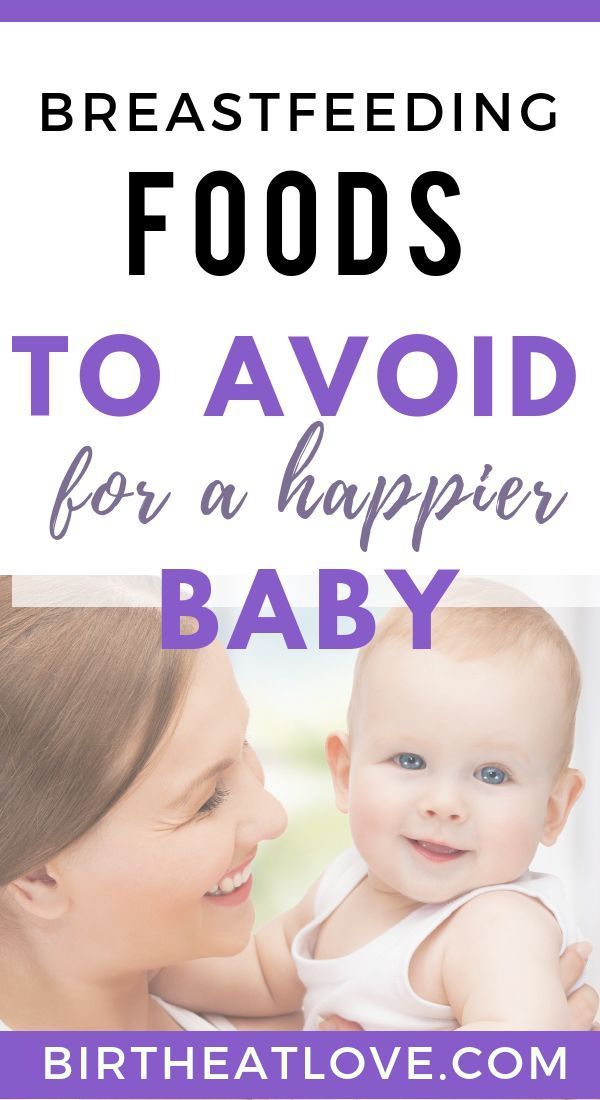 If your baby has an intolerance to any food, you will notice symptoms such as moodiness and crying after feeding, burping, diarrhea, or the baby will press his knees to his chest. Contact your doctor if something is bothering you. He may suggest eliminating certain foods for a couple of weeks, and then see if the child's behavior changes after eating them again.
If your baby has an intolerance to any food, you will notice symptoms such as moodiness and crying after feeding, burping, diarrhea, or the baby will press his knees to his chest. Contact your doctor if something is bothering you. He may suggest eliminating certain foods for a couple of weeks, and then see if the child's behavior changes after eating them again.
You can also keep a food diary: write down everything you eat and drink, as well as your child's symptoms, and you may notice some patterns. However, before cutting out any foods, such as dairy, always check with your doctor, as it's important to know that you're getting the nutrients you need from other sources. Depending on where you live, you will be referred to a nutritionist or other specialist.
Does a vegetarian diet affect breast milk?
If you are getting enough calories and all the nutrients your body needs (carbohydrates, proteins, fats, vitamins and minerals), then you have nothing to worry about.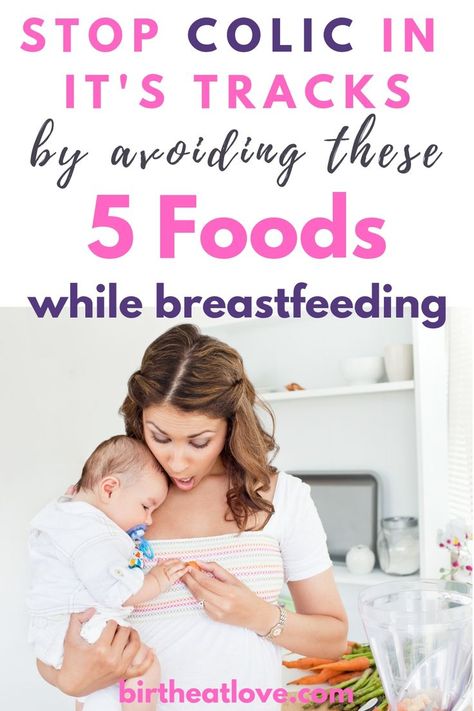 A vegetarian or vegan diet requires plenty of vitamin B12, vitamin D, calcium, and omega-3 fatty acids while breastfeeding, so opt for foods and supplements that provide you with these essential nutrients.
A vegetarian or vegan diet requires plenty of vitamin B12, vitamin D, calcium, and omega-3 fatty acids while breastfeeding, so opt for foods and supplements that provide you with these essential nutrients.
If you are on a vegetarian, vegan, macrobiotic, or other special diet, you may need additional medical advice to make sure you are getting all the nutrients your baby needs.
Literature
1 National Health Service (NHS) [Internet]. Burnley, UK: Department of Health; 2018. Should pregnant and breastfeeding women avoid some types of fish?; 2015 Jul 06 [cited 2018 Apr 12]; Available from: https://www.nhs.uk/chq/Pages/should-pregnant-and-breastfeeding-women-avoid-some-types-of-fish.aspx - National Health Service (NHS) [Internet]. Burnley, UK: Department of Health; 2018. "Should a pregnant and lactating woman refrain from eating certain types of fish?"; July 6, 2015 [cited April 12, 2018]; See article on site https://www.nhs.uk/chq/Pages/should-pregnant-and-breastfeeding-women-avoid-some-types-of-fish. aspx
aspx
2 Oberhelman SS et al. Maternal vitamin D supplementation to improve the vitamin D status of breast-fed infants: a randomized controlled trial. Mayo Clin Proc. 2013;88(12):1378–1387. - Oberhelman S.S. et al., Introduction of Vitamin D to the Diet of Nursing Mothers to Increase Vitamin D in children: a randomized controlled trial. Mayo Klin Prok. 2013;88(12):1378–1387. : effects on the mother and the fetus. Am J Obstet Gynecol. 2006;194(4):937-945. - Thomas M., Weisman S.M., "Calcium intake during pregnancy and lactation: effects on the mother and on the fetus". Am J Obstet Ginekol (American Journal of Obstetrics and Gynecology). 2006;194(4):937-945.
4 Pitt et al . Reduced risk of peanut sensitization following exposure through breast-feeding and early peanut introduction.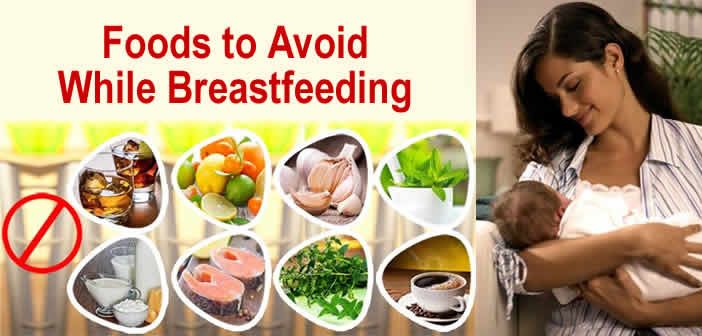 J Allergy Clinic Immunol. 2018;141(2):620-625. e 1 - Pitt et al., "Reducing the Risk of Peanut Allergy by Introducing Peanuts into the Breastfeeding Mother's Diet and as a Baby's First Food." G Allergy Clean Immunol. 2018;141(2):620-625.e1
J Allergy Clinic Immunol. 2018;141(2):620-625. e 1 - Pitt et al., "Reducing the Risk of Peanut Allergy by Introducing Peanuts into the Breastfeeding Mother's Diet and as a Baby's First Food." G Allergy Clean Immunol. 2018;141(2):620-625.e1
5 Dewey KG. Energy and protein requirements during lactation. Annu Rev Nutr. 1997 Jul;17(1):19-36. - Dewey K. J., "Energy and Protein Requirements During Lactation". Anna Rev Nutr . 1997 Jul;17(1):19-36.
6 Food Standards Agency (FSA) [Internet]. London, UK: Crown copyright 2002. Eating for breastfeeding; [cited 2018 Apr 13]; Available from: https://www.food.gov.uk - Food Standards Agency (FSA) [Internet]. London, UK: State Copyright 2002. "Eat to feed" [cited April 13, 2018]. See article on https://www.food.gov.uk
7 National Health Service (NHS) [Internet].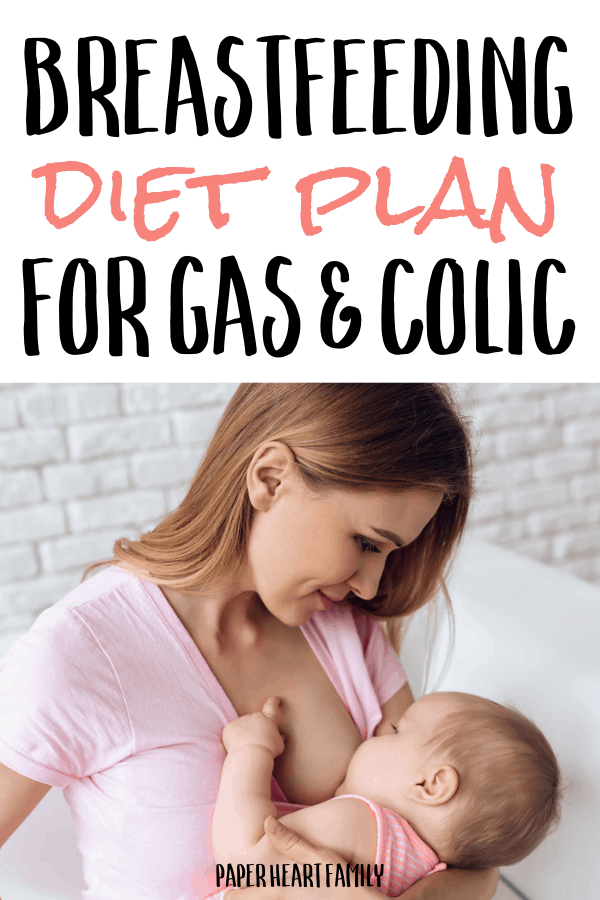
Learn more




